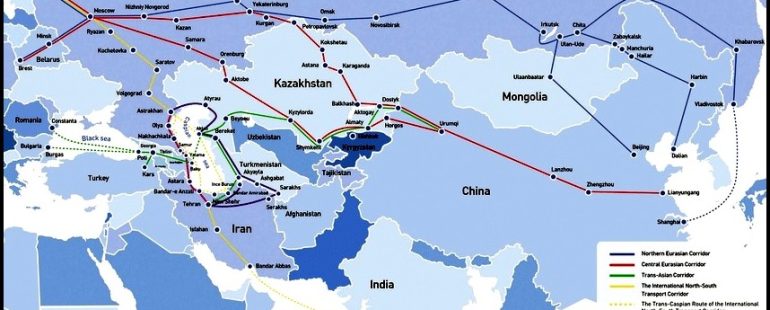
Transit to CIS countries via Iran
Transit to CIS countries via Iran is a crucial transportation route that facilitates trade and connectivity between Iran and the countries of the Commonwealth of Independent States (CIS). The CIS is a regional organization composed of former Soviet Union republics that have maintained close economic, cultural, and political ties since the dissolution of the Soviet Union in 1991. The member countries of the CIS include Russia, Ukraine, Belarus, Kazakhstan, Uzbekistan, Armenia, Azerbaijan, Moldova, Kyrgyzstan, Tajikistan, and Turkmenistan.
Iran’s strategic geographical location makes it an important transit hub for goods and people traveling between the Middle East, Central Asia, and Europe. The country shares land borders with several CIS member states, including Armenia, Azerbaijan, and Turkmenistan. Iran also has a long coastline along the Caspian Sea, providing easy access to countries such as Russia and Kazakhstan.
International North-South Transport Corridor
Transit to CIS countries via Iran is mainly done through road and rail networks. The International North-South Transport Corridor (INSTC) is a multi-modal transportation network that connects India, Iran, Azerbaijan, Russia, and other CIS countries. The INSTC aims to reduce transportation costs and time by providing a shorter and more efficient route for goods to travel between South Asia and Northern Europe. The route passes through Iran and Azerbaijan before entering Russia and other CIS countries.
Iran’s road network is well-developed and connects major cities and towns within the country to its borders with the CIS countries. The country has several border crossing points with CIS nations, such as the Astara border crossing with Azerbaijan, the Norduz border crossing with Turkmenistan, and the Bazargan border crossing with Armenia. These border crossings facilitate the movement of goods and people between Iran and CIS countries.
Rail transportation is also an important mode of transit to CIS countries via Iran. The Iran-Azerbaijan railway connects the Iranian city of Astara to the Azerbaijani city of Astara, allowing for the seamless transportation of goods between the two countries. The railway is part of the North-South Transport Corridor and provides a cost-effective and efficient mode of transport for goods traveling to CIS countries.
Transit to CIS countries via Iran has several advantages for traders and businesses. The country’s strategic location provides easy access to major markets in the CIS region, allowing for the efficient movement of goods and products. Iran’s well-developed transportation infrastructure, including roads, railways, and ports, further facilitates trade and commerce between Iran and CIS countries.
In addition to serving as a transit hub, Iran is also working to strengthen its economic ties with CIS countries through various trade agreements and partnerships. The country has signed several bilateral trade agreements with CIS nations to promote economic cooperation and enhance trade relations. Iran’s participation in regional organizations such as the Economic Cooperation Organization (ECO) also provides a platform for enhancing economic ties with CIS countries.
Overall, transit to CIS countries via Iran plays a vital role in promoting trade and connectivity between Iran and the countries of the Commonwealth of Independent States. The country’s strategic geographical location, well-developed transportation infrastructure, and strong economic ties with CIS nations make it an important transit hub for goods and people traveling between the Middle East, Central Asia, and Europe. Efforts to enhance transportation networks and strengthen economic cooperation further underscore the importance of transit to CIS countries via Iran in fostering regional integration and economic development.

Comments (No Responses )
No comments yet.